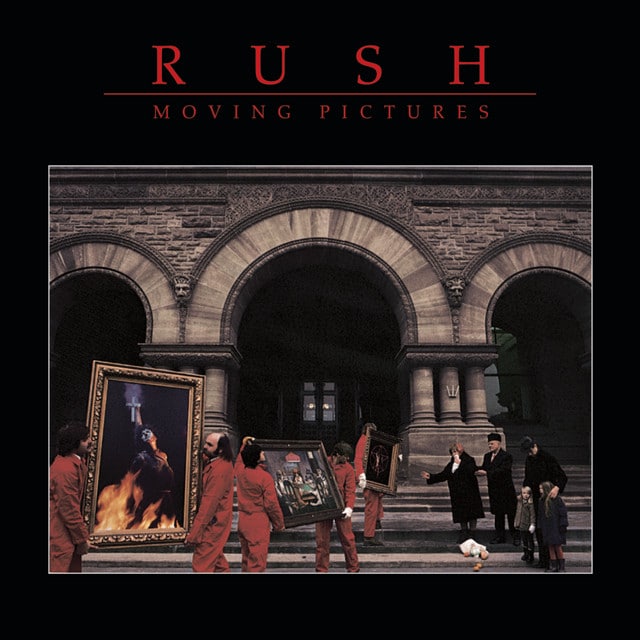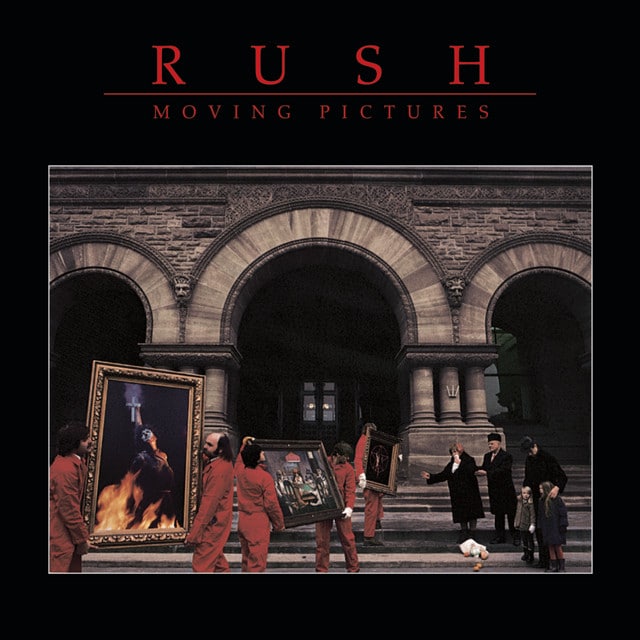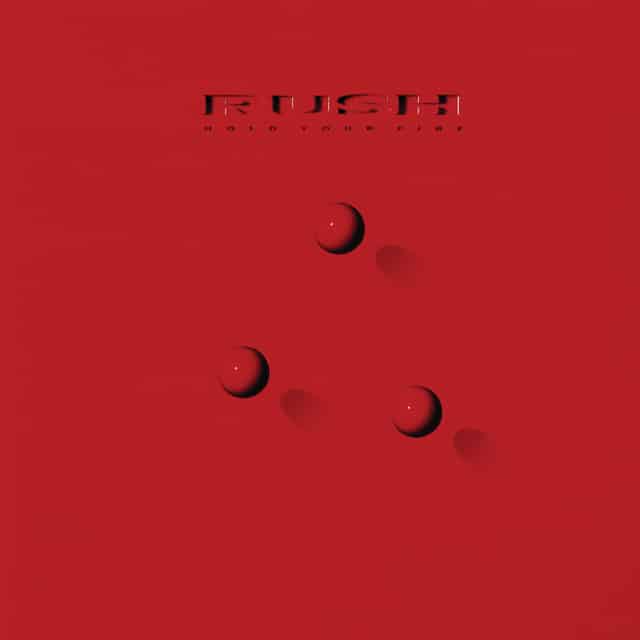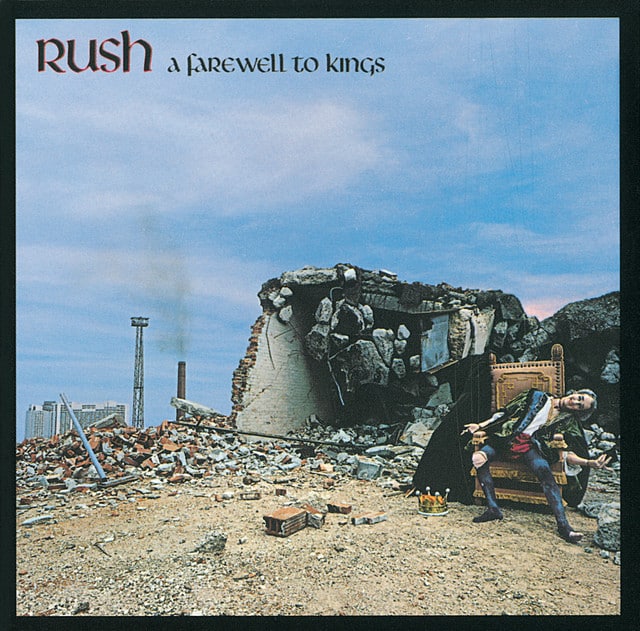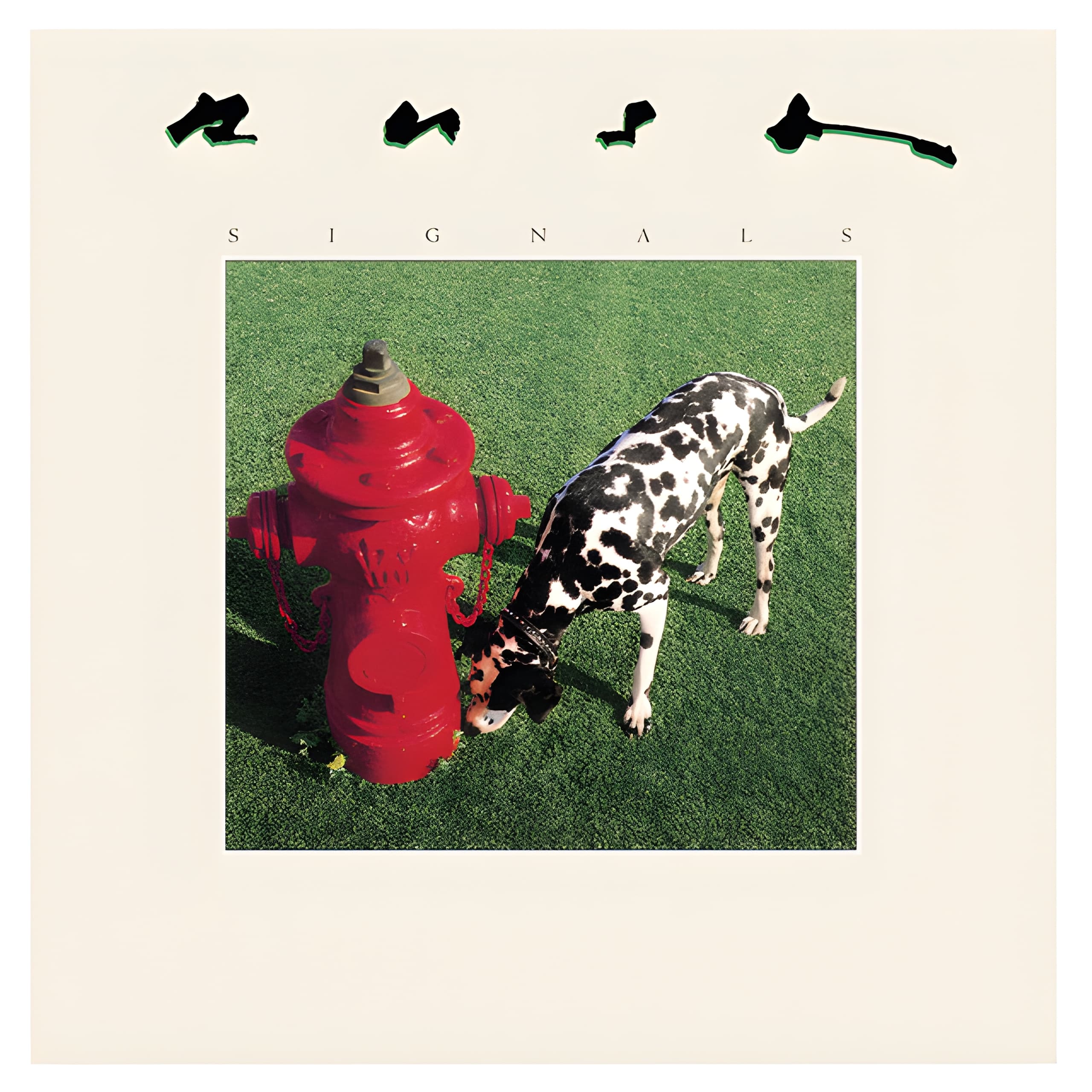Released: 1981
“Tom Sawyer” by Rush isn’t just a song; it’s an anthem that pulses with the spirit of independence and nonconformity. At its core, this masterpiece dissects the persona of a modern-day rebel, someone who defies the societal norms with his unyielding pride and intellect. It’s both a critique and a celebration of individualism, painting a picture of a person whose thoughts and actions are entirely his own, refusing to be shaped by the expectations of society or government.
The song kicks off by introducing us to this “modern-day warrior”, a figure with “mean, mean stride” and “mean, mean pride”. These lines set the tone, suggesting our character walks with a purpose and carries himself with a notable self-assurance. This isn’t a tale of a traditional hero but a story of a man, likened to the adventurous Tom Sawyer of literature, who challenges life on his own terms. The reference to Tom Sawyer is symbolic, evoking images of adventure, defiance, and the questioning of societal norms.
As we dive deeper into the lyrics, the song makes it clear that although our protagonist can seem aloof or even arrogant, there’s a method to his madness. “Though his mind is not for rent, don’t put him down as arrogant” – he’s not someone who easily parts with his beliefs or personal creed, not due to arrogance, but as a form of self-defense against the world’s attempts to shape or change him. The “river” could symbolize life’s flow or the challenges one faces, with our Tom Sawyer navigating through, unaffected by the “day’s events”.
The chorus serves as a reflection on society, suggesting that how you judge Tom Sawyer – or indeed, any individual – reflects your views on society at large. “Catch the mist, catch the myth, catch the mystery, catch the drift” – these lines encourage the listener to look beyond the surface, to grasp the broader, more elusive truths about individuality and freedom.
The song emphasizes personal freedom, with lines like “No, his mind is not for rent to any god or government”. It’s a bold statement of independence, asserting that no external force, be it religious or governmental, has the right to control one’s thoughts and actions. This section of the lyrics also acknowledges that while the character remains hopeful for a better future, he’s wary of the fact that “changes aren’t permanent”. It’s a nod to the transient nature of life and circumstances.
As it nears the end, “Tom Sawyer” vibes with the energy exchange between the protagonist and the world around him. He thrives on the “energy you trade”, suggesting that despite his solitary stance, he’s not isolated but dynamically interacting with life’s “friction”. The closing lines, “Exit the warrior, today’s Tom Sawyer, he gets high on you and the energy you trade”, encapsulate the essence of the song – a tribute to those who navigate life on their own terms, drawing strength from their surroundings and making their mark, unwavering and resolute.
In essence, “Tom Sawyer” by Rush is much more than a rock song – it’s a philosophical journey into the soul of a nonconformist. Its powerful lyrics serve to remind us of the importance of individual thought, the value of questioning authority, and the undeniable spirit of human resilience and adaptability. This song doesn’t just speak to the rebellious soul; it celebrates them, making it a timeless anthem for those who choose to carve their path in the vast river of life.
